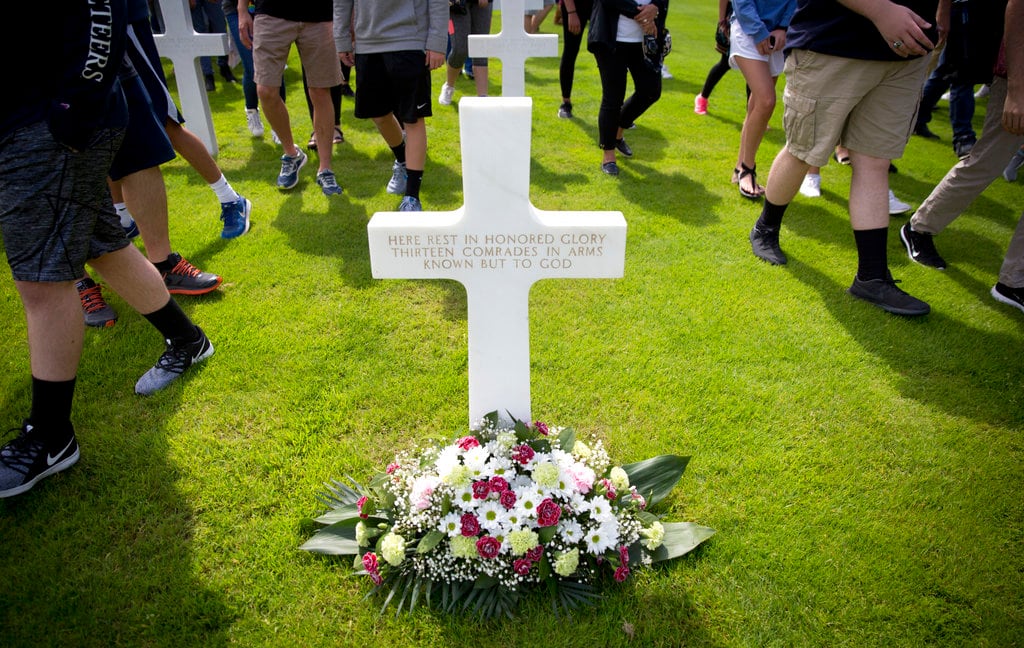U.S. Army Pacific is testing a new program to help junior leaders become experts in certain regions.
The Regional Leader Development Program, a pilot program USARPAC launched in August, is giving service members a familiarization of the Pacific region.
“All the forces in the Pacific are aligned to the Pacific region. They get to know it really well,” Gen. Robert Brown, commander of USARPAC, said. “But … for leaders, there was no way to train for that region. A lot of them would read up on it on their own, and there’d be training programs here and there.”
Although the pilot program is focusing on the Pacific at first, Brown said the goal is to do this for other Army regions. The program has 40 students from all branches of the military with the majority from the Army, Brown said.
The seven-week course broadens and develops junior leaders, he said.
“So they go to a course at the Asia Pacific Security Center, for example, and they learn about the region from experts, professors,” Brown said.
Then the students immerse themselves in the region for several weeks.
“We take them to multiple countries,” he said. “And at the end, what you have are these junior leaders, captains and mid-level [non-commissioned officers] who become experts in the region.”
The service members go back to their units scattered throughout the Pacific with a greater knowledge, whether they’re involved with the Korean Peninsula or a disaster response somewhere, he said.
“You now have an expert,” he said. “So it’s an investment.”
The program has partnered with outside universities, as well, so those who participate can use their tuition assistance to take 15 more credit hours to complete a master’s in international relations, he said.
The next iteration of the program will kick off in May.
“We think leader development is so important in the future because to do that multi-domain battle, you have to have empowered people who are really developed,” Brown said. “Now things have changed so much just in the world, the velocity of human interaction, the complexity of things in the world, that you have to have leaders that thrive in ambiguity and chaos, not comfortable, but that thrive.”
Charlsy is a Reporter and Engagement Manager for Military Times. Email her at cpanzino@militarytimes.com.





